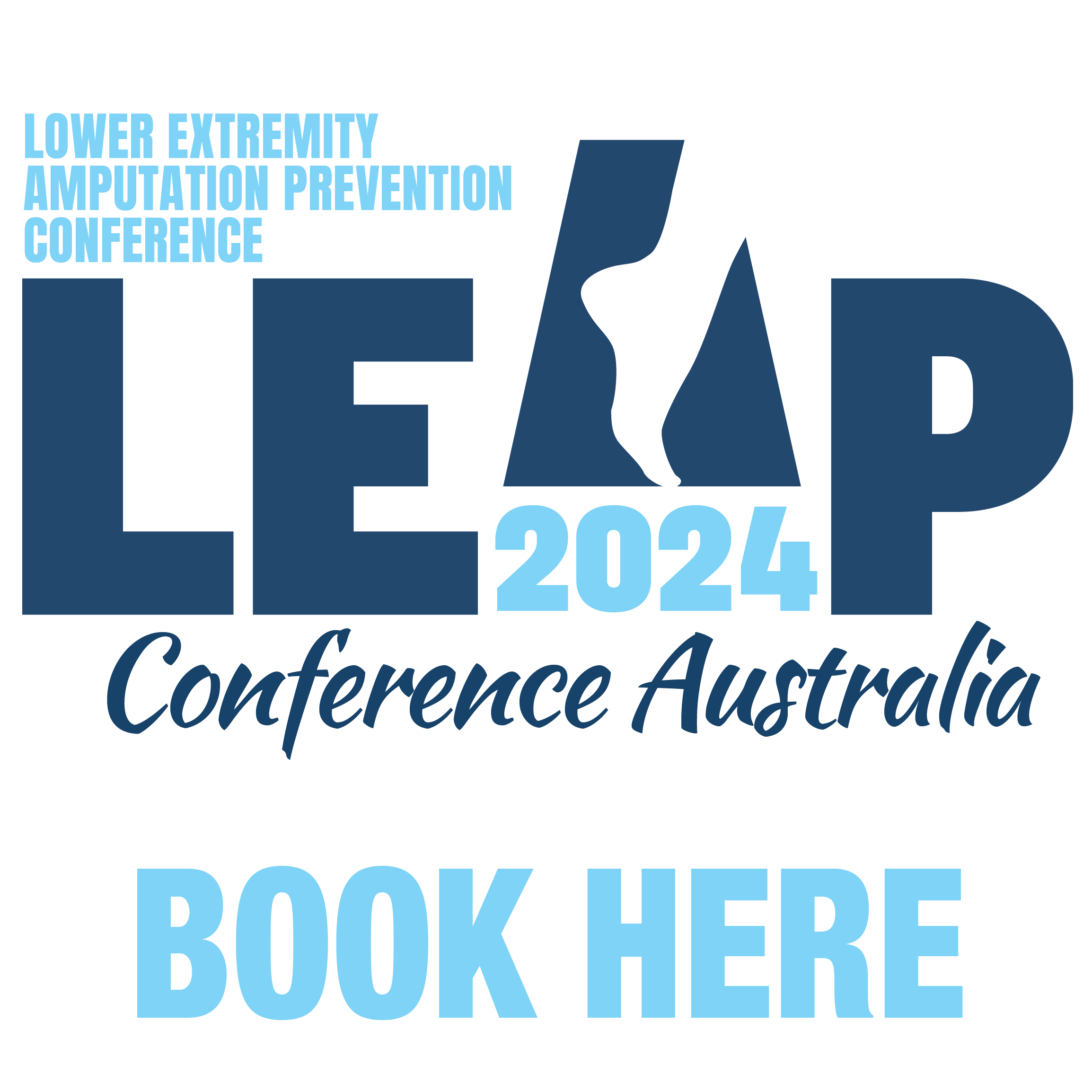Volume 30 Number 2
Building a wound army: the importance of grass roots advocacy in driving systemic change
Hayley Ryan and Helen Jentz
For referencing Ryan H and Jentz H. Building a wound army: the importance of grass roots advocacy in driving systemic change. Wound Practice and Research 2022; 30(2):68.
DOI https://doi.org/10.33235/wpr.30.2.68
Wounds Australia celebrated its 28th anniversary this year. Like many peak national organisations, over the course of our history, Wounds Australia has had to evolve and adapt to the ever-changing health and social landscapes in which we operate. Central to our ongoing success as a peak body is the commitment of our members, the health professionals who have chosen to dedicate themselves to the highly specialised and complex area of wound prevention, diagnosis, treatment, care, healing and research.
As an organisation that is focussed on effective, real and sustainable systemic change that will result in significant improvements in the lives of Australians living with wounds, we are also dedicated to broadening the ways in which we, as the peak national body for wound prevention, treatment and healing, can support and assist those living with wounds and the families who love and care for them.
A critical component of our work is, of course, advocacy. Issues-based advocacy is an essential part of the work all peak bodies carry out on behalf of their members and in support of the broader causes being addressed. In Wounds Australia’s case, our issues-based advocacy work focuses on driving sustainable, effective and impactful change for those Australians living with wounds and the health professionals caring and supporting them. Advocacy work of this kind is, by its very nature, non-partisan. It focuses on ensuring decision makers are (a) aware of the issues, (b) understand how to solve the problems and (c) support action to deliver change.
Truly successful advocacy, that which results in systemic change that has national (and in some cases international) impact, almost always comes from the ground up. The importance of the role that members, patients and their families have in driving change cannot be overstated. This is why Wounds Australia is focussed on building a strong, vocal and effective wound army driven by local wound champions – the clinicians, patients and carers directly impacted by wounds.
Advocacy activities form part of the broader Wounds Australia strategic agenda driven by the Wounds Australia Board of Directors, Chief Executive Officer, staff and volunteer committee members at the national, state and territory levels. Wounds Australia ensures that our message, to affect positive change and address Australia’s hidden wounds epidemic, is at the forefront of all our activities. Our 11 point plan to fight chronic wounds clearly articulates the solutions we, as the peak national body, are pursuing on behalf of our members and those living with wounds.
The Wounds Australia advocacy and action agenda continues to grow and develop, driven by the needs of our members and their patients. Initiatives such as Wounds Awareness Week which will be held from Monday 15 to Sunday 21 August and the biannual Wounds Australia 2022 Conference in Sydney from Wednesday 14 to Saturday 17 September continue to gain momentum and expand in reach, driving awareness and engagement at the grass roots level. Professional learning, development and training is driven by our state and territory branches. We have nationally recognised publications such as WPR and Wound Connect. We pride ourselves on clinician-led national standards and consensus documents, peer support and professional networks. These all form part of the broader picture and the important role Wounds Australia plays in the Australian health landscape.
Wounds Australia has an ambitious agenda; we are focussed on achieving a lot. To be successful in our endeavours we need to continue to build our wound army, to rally the troops at the local, regional, state, territory and national levels. To support our grass roots champions – clinicians, patients and their support networks – and to collectively drive significant change. The health and wellbeing of so many Australians depend on our success.
Author(s)
Hayley Ryan1 and Helen Jentz2
1Chair, Wounds Australia
2CEO, Wounds Australia



